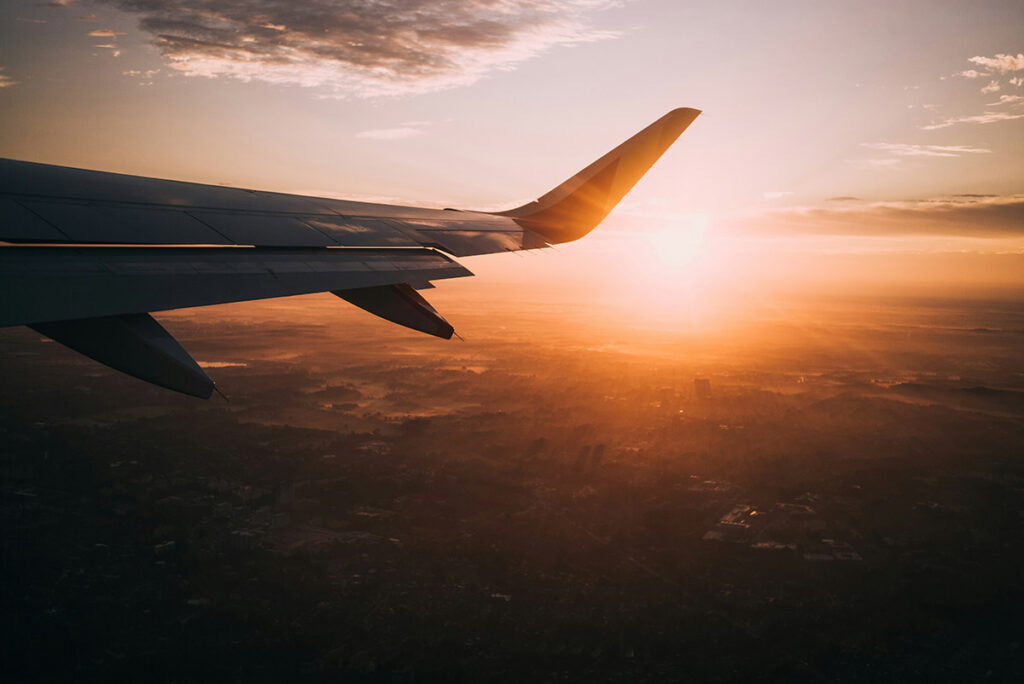8 Survival Tips for Traveling in the Off-Season

Not many people travel in the off-season, but it might be one of the best times to explore new destinations. One major reason is that it offers unique perks. There are fewer crowds, lower prices, and the opportunity to experience destinations more authentically. You’ll find even the busiest and most popular spots free from the rush of peak-season tourists.
Nonetheless, traveling in the off-season can bring difficulties such as poor weather, restricted transportation, and fewer attractions. Addressing these challenges is important for fully enjoying your trip, and they can be managed with effective planning and additional preparation.
Read this blog until the end to explore the eight survival tips for traveling in the off-season, ensuring a smooth and fruitful journey.
1. Research Weather Patterns
Off-season often means dealing with unconventional weather—whether it’s rain during the monsoon or cold winds in the shoulder season. Before booking, check the historical weather for your destination. Be prepared for sudden changes and pack accordingly. A lightweight, waterproof jacket or compact umbrella can be a lifesaver when dealing with the unexpected. Layering clothes is also key to staying comfortable during fluctuating temperatures. This approach ensures you’re ready for sunny mornings, chilly evenings, or the occasional downpour.
2. Stay Flexible with Plans
Traveling in the off-season means some attractions operate with shorter hours, or certain tours and activities may not be available. Avoid rigid itineraries and embrace spontaneity. Build buffer days into your schedule for weather-related delays or last-minute discoveries. Unexpected closures or cancellations can become opportunities to explore lesser-known spots. Remember, flexibility is the key to enjoying the perks of the off-season and making the most of any surprises along the way.
3. Pack Strategically
In the off-season, it’s crucial to pack smartly. Beyond weather-appropriate clothing, bring items that might not be readily available, such as basic first-aid supplies, reusable water bottles, and snacks for long train rides. Investing in travel-size vacuum bags can maximize luggage space while ensuring you’re ready for any occasion. Remember essentials like chargers, power banks, and a universal adapter if traveling abroad. Packing light yet thoughtfully makes off-season travel less stressful and more enjoyable.
4. Prioritize Wellness During Travel
Seasonal travel can sometimes increase exposure to illness, especially in cooler climates or damp conditions. Stay proactive by maintaining good hygiene and boosting your immunity before the trip.
Likewise, different places have different weather conditions so taking good care of skin becomes essential for every traveler. Vitamins and minerals like vitamin C and zinc can help, and of course using the best anti-aging NMN supplements will help incorporate Nicotinamide Mononucleotide into your routine. Known for supporting cellular vitality and combating the effects of aging, it can keep travelers feeling energetic and resilient. Staying healthy ensures you have the stamina to make the most of your trip.
5. Embrace Local Experiences
Many popular attractions might be less accessible during the off-season, making it the perfect time to dive into local culture. Visit small museums, attend regional festivals, or take a cooking class to learn about authentic local dishes. These activities often provide deeper insights into a destination than mainstream tourist hotspots. Additionally, locals are usually more welcoming and available to engage during quieter seasons, giving you a more personalized and immersive travel experience.
6. Look for Deals on Accommodations
One of the best parts of off-season travel is the chance to score incredible deals on accommodations. Many hotels and vacation rentals lower their rates when demand is low, meaning you can enjoy luxury stays for a fraction of the peak-season price. Watch last-minute deals, or call hotels directly to negotiate better rates. Boutique properties often offer unique off-season packages, including discounts on dining or exclusive local tours.
7. Be Prepared for Limited Transportation
Public transport schedules often change during the off-season, with fewer options or irregular timings. Research local transportation ahead of time and have a backup plan in case connections are missed. Renting a car might be more reliable in rural or remote areas, allowing you to explore without being tied to bus or train schedules. When renting a car, check road conditions and bring a map or GPS, as certain routes may be less maintained during the off-season.
8. Protect Travel Investments
Weather-related disruptions or limited services can increase the likelihood of cancellations during off-season travel. Protect your plans by purchasing travel insurance that covers unexpected issues like flight delays, hotel cancellations, or medical emergencies. Many policies are affordable and offer peace of mind, especially when heading to destinations prone to storms, heavy snowfall, or other seasonal hazards. Travel insurance ensures that your plans stay intact, even if the unexpected happens.
Final Thoughts
Traveling in the off-season is an art that blends preparation with adaptability. By embracing the season’s quirks and planning wisely, off-season travelers can uncover memorable and unique experiences.
This page may include affiliate links or sponsored links. If you click on one of our affiliate links and complete a purchase, we may earn a commission at no extra cost to you.
